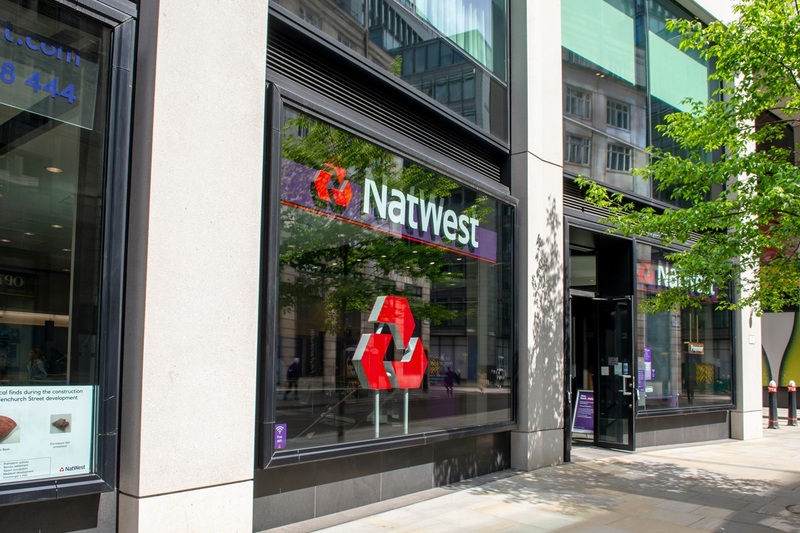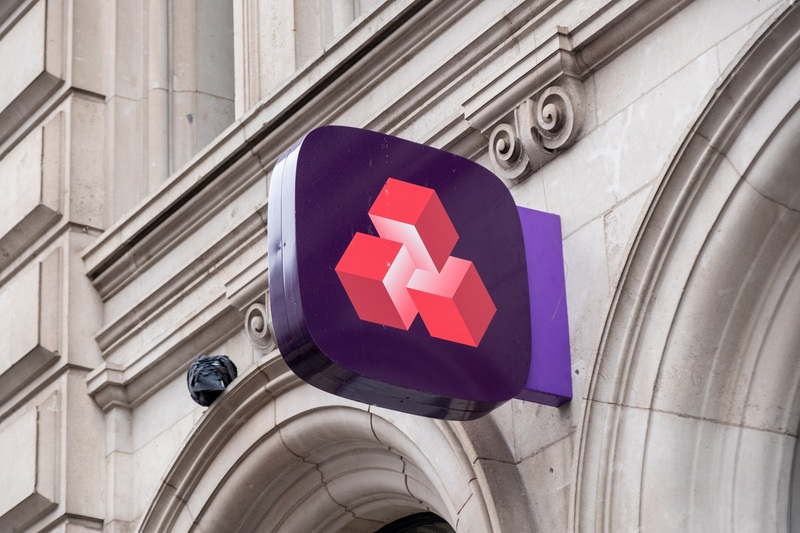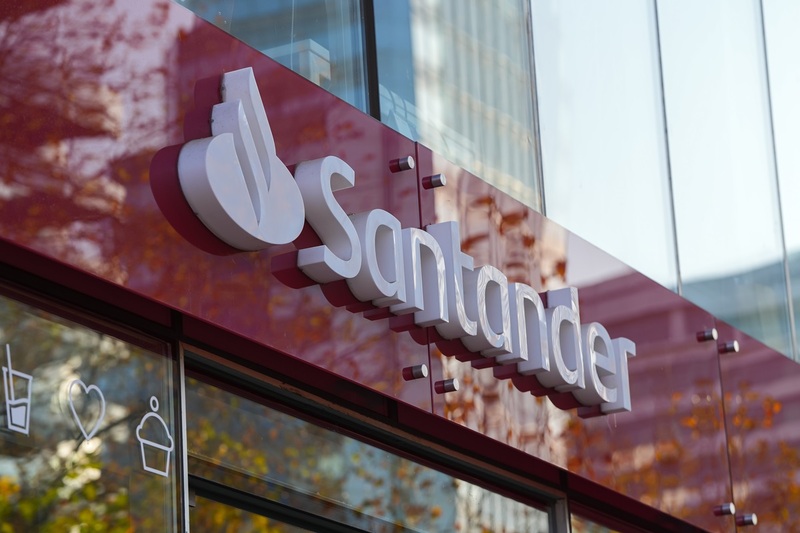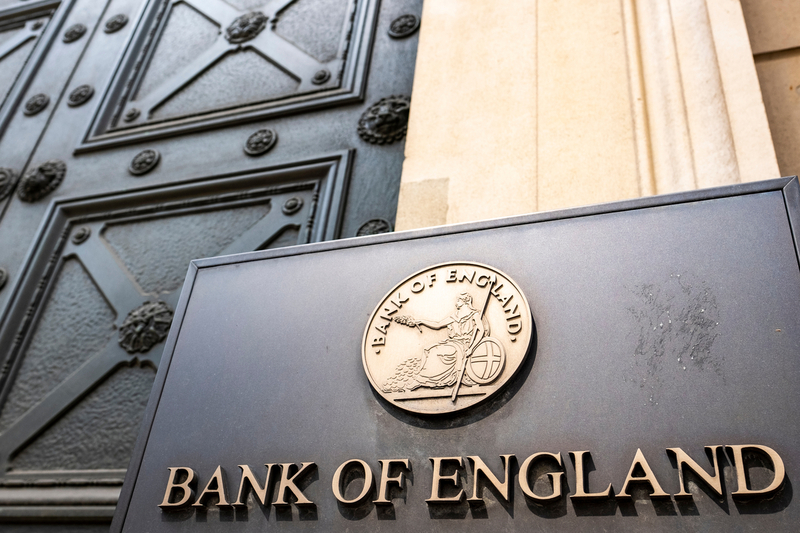NatWest CEO optimistic about return to private ownership by 2025
 Credit Strategy, Shard Financial Media
Credit Strategy, Shard Financial MediaPaul Thwaite, chief executive of NatWest, has announced that the bank is making significant progress towards returning to private ownership.
Speaking at the Financial Times’ Global Banking Summit in London, he stated that the UK Government could fully dispose of its stake in NatWest by the first half of 2025, a move he described as a symbolic moment, allowing the industry to close another chapter of the fallout from the 2008 banking crash.
NatWest, which was previously known as the Royal Bank of Scotland, received extensive taxpayer-funded bailouts during the financial crisis of 2008 and 2009, resulting in the government holding an 84% stake. Over recent years, the Treasury has gradually reduced its ownership, now standing at around 11% following NatWest’s recent share buyback of £1bn.
Thwaite expressed optimism regarding the timeline for the government’s exit, stating, “I think it is reasonable to expect that, absent some big dislocation in economic events, we will be back to private ownership next year, maybe as early as the first half of the year.”
This anticipated transition to private ownership would mark a significant milestone not only for NatWest but also for the wider banking industry, as highlighted by Thwaite’s comments. Reflecting on the potential change, he remarked, "This would be a great moment and really symbolic" indicating a shift in focus from the bank’s challenging past to its future opportunities.
He also touched upon the ring-fencing regulations that were introduced following the financial crisis, which necessitate a separation between retail and investment banking activities. He questioned the continued relevance of these regulations, noting that "some of the background to ring-fencing... have in some respects been made redundant by subsequent regulation and legislation.”
He added, “The reality is the UK is the only country in the world that has ring-fencing, so I guess we have to ask the question – why is that?”
Additionally, the CEO hinted at future growth strategies for NatWest, suggesting the bank may pursue “strategically congruent” acquisition opportunities. This comes off the heels of the bank’s recent £125m deal to purchase Sainsbury’s Bank.
Thwaite emphasised that while there are numerous potential uses for the bank’s excess capital, any acquisitions would need to be "financially compelling" and align with the growth of existing operations or serve as complementary "tuck-ins" like the Sainsbury’s deal.
Stay up-to-date with the latest articles from the Credit Strategy team
READ NEXT
NatWest to close 53 branches in 2025
Santander's boss affirms commitment to UK operations
UK Delays Basel 3.1 Banking Reforms to 2027
Get the latest industry news









